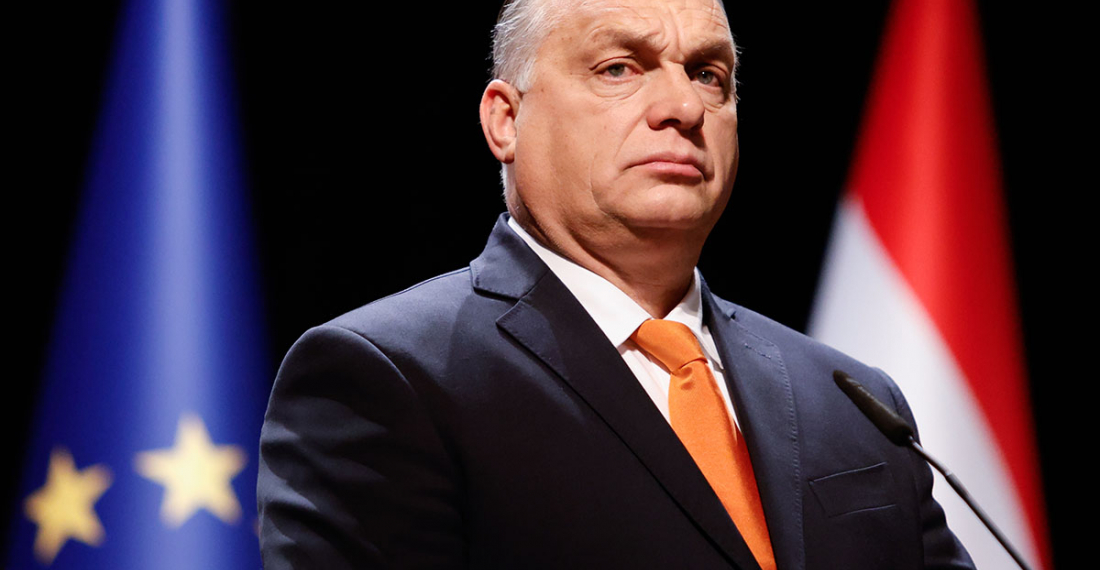The Hungarian government has blocked an €18 billion aid package for Ukraine, forcing the European Commission and other EU countries to seek an alternative solution. The Commission is looking into providing an alternative mechanism for channeling funds to Ukraine in January, but this will require national budgetary guarantees which may take some time.
Hungary's Prime Minister Viktor Orbán is using the veto on Ukrainian funding as leverage in a dispute over EU funding for Hungary. The decision to freeze EU funds for Hungary, a minimum corporate tax rate, and the Hungarian recovery plan were all postponed.
The Czech Presidency of the Council of the EU will now have to decide if there will be a new finance ministers' meeting in December or if the issue will be escalated and sent for the consideration of the EU leaders' mid-December summit. The deadline for taking a position on freezing EU funds for Hungary is 19 December.






